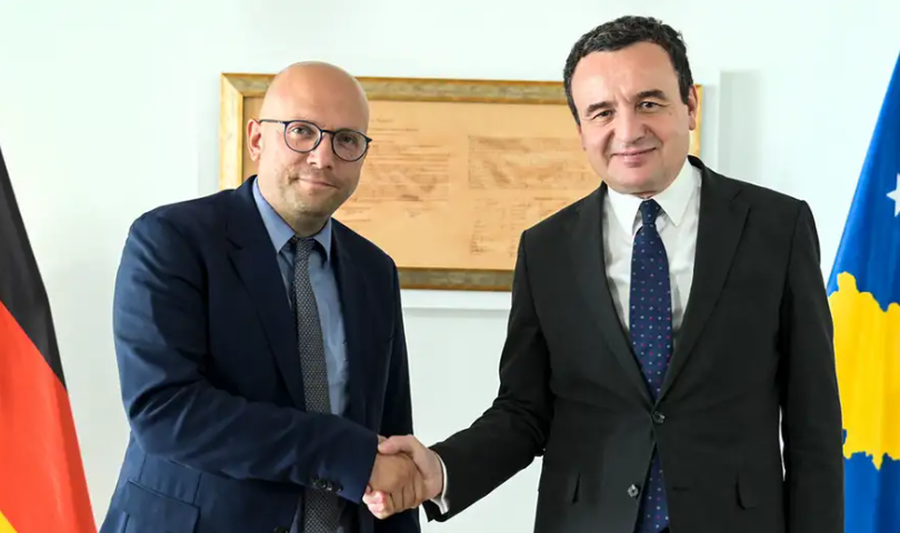
In a cabinet decision, the new federal government in Germany has decided to abolish several special envoy posts – including the one for the Western Balkans. This post was created in 2022 by then Foreign Minister Annalena Baerbock (Greens) to intensively support the process of rapprochement of the region with the European Union.
The German Foreign Ministry told DW that the decision is part of a central promise of the new government: to downsize and simplify state structures. "The tasks that previously belonged to the special envoy will be transferred to the relevant ministry sectors," a ministry spokesman told DW, adding that cooperation with countries in the region will continue to be close and in-depth, while the Berlin Process and support for EU membership will remain clear priorities.
Mediating role in the Western Balkans
Manuel Sarrazin (Greens), who has held this position until now, has been a very active figure in German policy towards the Western Balkans. He regularly travelled to the region, participated in summits and mediated between governments. Particularly in the context of the Berlin Process, Sarrazin played a key role in reaching agreements on mobility within the framework of the Berlin Process. In the previous tripartite government, the Western Balkans enjoyed particular importance.
The region is barely mentioned in the new coalition agreement between the Social Democrats and the Christian Democrats. Although Germany has two experts on the Western Balkans at the helm of diplomacy – Foreign Minister Johann Wadephul and Minister for Europe Gunther Krichbaum – the region failed to find a place in either Chancellor Merz's or Foreign Minister Wadephul's speech during the presentation of their government priorities in the Bundestag on Wednesday, May 14.
Mixed reactions in the Bundestag
Green MP Boris Mijatovic criticizes the abolition of the post of special envoy for the Western Balkans. He believes that this role was an important political instrument to send signals of support to the region and to accelerate EU integration. "It seems that the new government is moving away from the idea of a rapid rapprochement of the region with the European Union," he told Deutsche Welle.
Adis Ahmetovic, a member of parliament from the SPD's governing coalition, on the other hand, assured DW that with Wadephul and Krichbaum, the new government has figures with deep experience in the region at the helm of diplomacy and that the issue will be addressed at a "high level." "The integration of the Western Balkan countries will remain a high priority for us as a parliamentary group of the SPD," Ahmetovic told Deutsche Welle./ DW (A2 Televizion)











